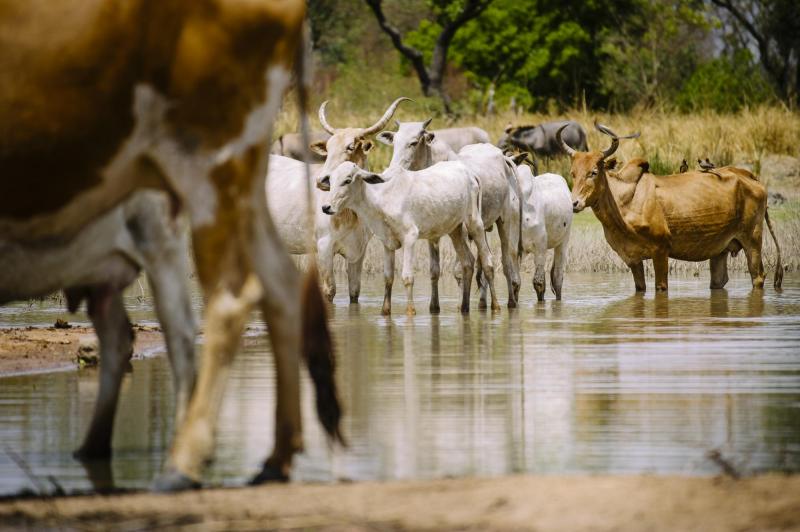Investing for sustainable climate services: Insights from African experience
Effective climate change adaptation depends on strong, sustainable weather and climate information services. A new report and policy brief provide a road map for investing in sustainable capacity.

Effective climate change adaptation depends on strong, sustainable weather and climate information services. A new report and policy brief provide a road map for investing in sustainable capacity, based on African projects’ experiences.
African countries are expected to be hit hard by climate change, and unpredictable and extreme weather is already having a significant impact on people’s lives across the continent.
Well-functioning weather and climate information services can save lives and livelihoods. In order for African communities and businesses to adapt more effectively to the inevitable impacts of climate change, these services (‘climate services’ for short) must be strengthened as comprehensively as possible – the researchers say.
ODI’s report ‘Investing for sustainable climate services: Insights from African experience’ looks at the support provided to strengthen weather and climate information services in several African countries from 2016 to 2021. The authors consulted extensively with the experts who ran 15 projects across Africa as part of the WISER programme.
They found that donors have largely supported capacity-building efforts by funding short-term improvements. However, where country governments seek such assistance, donors should commit long term to bringing climate services up to scratch, in order to fulfil their promise of supporting adaptation and resilience.
The ODI report looked at projects dedicated to building the capacity of weather and climate information services. Countries where projects were taking place included Rwanda, Tanzania, Kenya, Uganda, Ethiopia, Somalia and South Sudan and regionally in East and West Africa. Projects included strengthening weather observation networks and understanding of past and predicted climate trends, as well as delivering weather and climate information to those who need it for their everyday livelihood and business decisions.
The report found that the short-term improvements may be easily eroded if investment is not backed up by long-term plans to work with African institutions to keep climate services operational and local knowledge up-to-date after the projects end. The report’s recommendations include consolidating professional networks on the ground and producing sustainable business models that are in sync with national development priorities.
Read the full report and policy brief here: Investing for sustainable climate services – Insights from African experience.